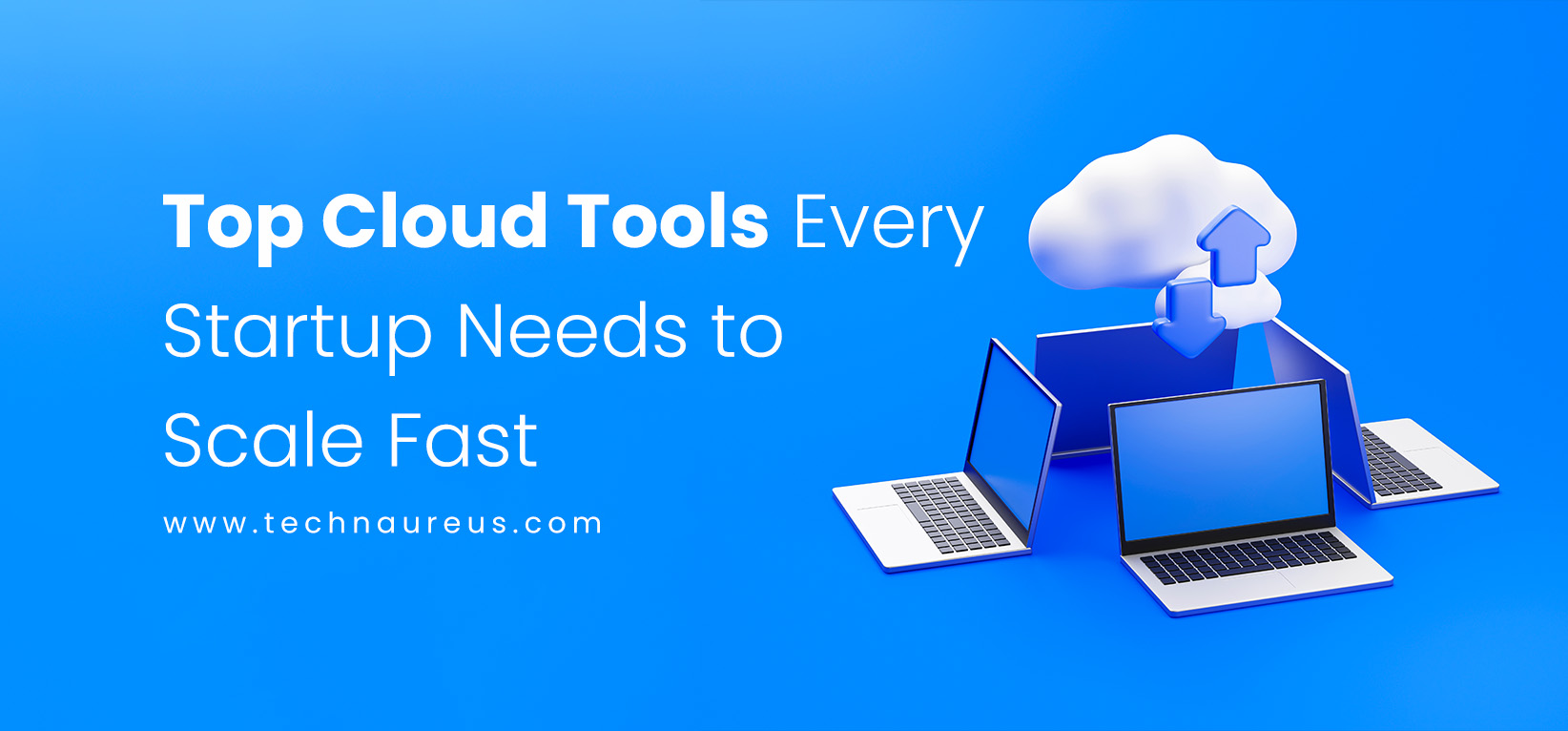Muhammad IrfanMay 9, 2025
Starting a new business is exciting, but also comes with major challenges—especially in managing resources, communication, and scaling operations. That’s where cloud tools for startups come in. These tools offer flexibility, cost savings, and scalability without the need for heavy upfront investment.
Whether you're a small team just starting out or a growing company preparing to scale, choosing the right cloud tools can make all the difference. In this blog, we’ll explore the best cloud-based tools every startup should consider using, categorized by function.
Startups often have limited budgets and lean teams. Cloud tools offer
With cloud-based solutions, startups can focus more on innovation and less on IT management.
A top choice for startups, Google Drive offers 15GB of free storage and integrates smoothly with Google Docs, Sheets, and Slides. Teams can collaborate in real-time, share documents easily, and access files from anywhere.
Known for its simplicity and reliability, Dropbox provides fast syncing and easy file sharing, ideal for design teams and developers.
Key Features
Slack is a cloud-based team messaging app that helps streamline communication. With channels, mentions, and app integrations, it replaces scattered emails with centralized, searchable discussions.
Best for: Team communication and workflow integration
For remote startups, Zoom is an essential video conferencing tool that’s cloud-hosted and easy to use. It supports webinars, screen sharing, and meeting recordings.
Best for: Virtual meetings and webinars
Trello uses a visual board system to manage tasks. It’s perfect for startups that want a flexible and user-friendly way to organize projects and track progress.
Asana allows for more structured task management with timelines, task dependencies, and advanced reporting. Ideal for startups with complex workflows.
AWS is a leading cloud platform offering over 200 services. Startups can host websites, run databases, and scale applications seamlessly. AWS Activate even offers free credits to eligible startups.
For tech startups and developers, Heroku simplifies app deployment. It supports multiple programming languages and is great for MVPs (Minimum Viable Products).
Best for: Rapid deployment and scalability without managing infrastructure
QuickBooks is a cloud-based accounting software that helps startups manage invoices, payroll, and tax filing in one place.
FreshBooks is tailored for freelancers and small businesses, offering easy invoicing and time tracking.
Best for: Service-based startups and solopreneurs
HubSpot offers a free, powerful CRM perfect for startups looking to track leads, sales, and customer interactions. It includes email marketing, pipeline management, and analytics.
Mailchimp is an all-in-one marketing tool ideal for startups beginning their email marketing journey.
Best for: Creating and managing email campaigns
Startups often handle multiple tools with different logins. LastPass securely stores and shares passwords using cloud encryption.
Backblaze is a cost-effective cloud backup solution that ensures your data is safe and recoverable in case of a disaster.
While quantum computing is still developing, startups that rely on cloud platforms could see major shifts in data encryption, processing speed, and AI capabilities in the future. Many cloud providers like AWS and Google Cloud are already investing in quantum-ready tools. Staying updated on these advancements can give startups a competitive edge.
Choosing the right cloud tools for startups isn’t just about cost—it’s about empowering your team to work smarter, faster, and more securely. From communication to project management, the cloud ecosystem offers tools to meet every startup's needs.
Looking to build a tech stack for your startup? Start with cloud tools that are flexible, scalable, and growth-focused—so you can innovate without limits.

0